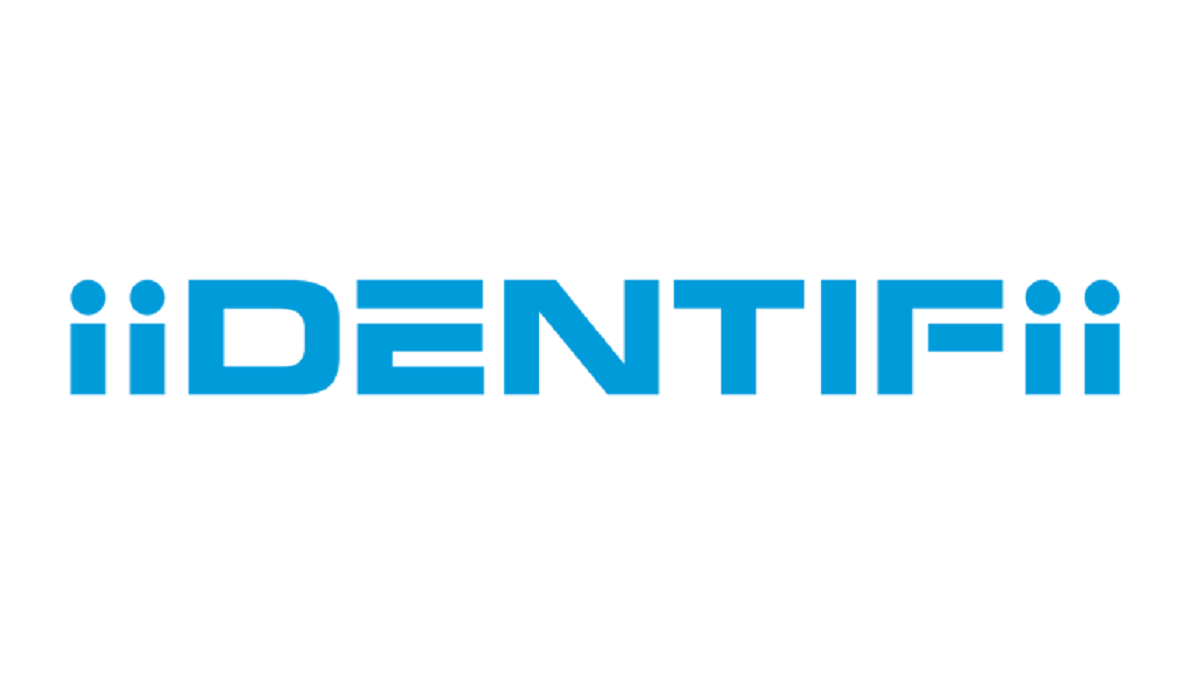iiDENTIFii has formed a close partnership with Zanaco to champion an identity solution relevant to the needs of Zambian consumers and citizens
LUSAKA, Zambia, October 9, 2023/APO Group/ —
What measures can Zambian financial institutions put in place in a rapidly-changing digital world to enable financial inclusion?
This was the key topic under discussion at a recent panel discussion between iiDENTIFii (https://iiDENTIFii.com) and Zanaco (https://www.Zanaco.co.zm) at the Digital Government Africa (DGA) Summit held at Ciela Resort from 4 – 6 October, 2023.
The need for financial inclusion in Zambia
Zambia is on a positive growth trajectory, with GDP projected to grow 4.2% in 2024 (https://apo-opa.info/3tmj8Q5). As the country grows and embraces digital tools to transact and provide access to civil services, companies and government institutions need to ensure that no citizen is left behind. iiDENTIFii, an enterprise-grade provider of biometric identity solutions, is partnering with Zanaco, Zambia’s leading bank, to ensure that identity verification – and the benefits it provides – is accessible to all.
Gur Geva, founder and CEO of iiDENTIFii, says, “In Zambia, we aim to address challenges related to digital exclusion, limited access to services, and identity fraud. Many individuals across the continent lack recognised identification, which hampers their access to banking, healthcare, and government services.”
Historically, biometric identification has been reserved for the privileged few with access to the latest technology. Remote biometric identification seeks to bridge the digital divide by reaching those underserved communities who have historically been excluded.
An inclusive digital identity approach gives citizens access to critical government services such as labour markets, government benefits, housing development and agricultural financing and other financial services.[1] It can also unlock opportunities for people with an identity but limited ability to use it in the digital world.[2] A good digital identity can facilitate greater user control of data, privacy protection, security for online transactions and decreased resistance in managing online accounts.[3]
A partnership that provides equitable access to identity
iiDENTIFii has formed a close partnership with Zanaco to champion an identity solution relevant to the needs of Zambian consumers and citizens. Geva adds, “Collaborating with financial institutions like Zanaco is pivotal. By integrating our identity verification solutions, Zanaco can extend its reach to underserved populations, enabling them to open bank accounts, access credit, and make secure transactions. This partnership not only fosters financial inclusion but also strengthens data protection and security, driving positive change in Zambia’s digital landscape.”
For Zanaco, this partnership is a timely step in their long-standing commitment to financial inclusion through their banking platforms. Zanaco Chief Risk Officer Mutisunge Zulu says, “Our digital banking solutions have significantly impacted underserved communities by breaking down barriers to financial access. Through user-friendly mobile and online banking platforms, we have brought banking services to areas previously lacking access. This has led to increased financial inclusion, allowing individuals to save, transact, and access credit more easily.” The journey to attaining improved levels of financial inclusion has not always been seamless. Zanaco has needed to innovate to address challenges such as infrastructural limitations in remote areas, digital literacy barriers and security concerns. However, it has overcome these challenges by working collaboratively with local communities, investing in education initiatives and implementing security measures.
Empowering customers through accessible platforms and financial literacy
To reach consumers – especially the previously unbanked or those with limited digital literacy – it is crucial to have platforms that are easy to use, access to information and the education to explain why they are relevant.
Geva adds, “Digital platforms and networks are the foundation for a range of sectors such as banking and financial services, telecommunications, health and education. They contribute to the overall growth of the digital economy and are a critical point of access for finance and essential services. The biometric data of individuals is central to this, and often integrated with the e-identity, or e-government and e-commerce services.”[4]
In Zambia, we aim to address challenges related to digital exclusion, limited access to services, and identity fraud
Mutisunge says, “Zanaco’s digital banking innovations have transformed customer experiences by providing much-needed convenience and accessibility. Our customers can conduct transactions, access account information, and engage with our services anytime, anywhere. This has empowered them to make informed financial decisions, monitor their accounts more closely, and utilize services tailored to their unique needs. Ultimately, these innovations have placed financial control and literacy in the hands of our customers, leading to more responsible and informed financial choices. We are looking forward to working with iiDENTIFii to extend this financial access and education to digital identity.”
To champion digital and financial inclusion, companies and experts need to collaborate and provide solutions that reach consumers where they are and solve their unique challenges. iiDENTIFii is committed to mobilising its uniquely African, enterprise-grade biometric identity solution to drive greater access to financial and governmental services in Zambia.
[1] The United Nations General Assembly incorporated identification coverage for all by 2030 into the 2015 Sustainable Development Goals.
[2] The population with access to the digital world is proxied by active social media users, captured in the We Are Social Global Digital Report 2018.
[3] Several bodies of digital ID research have focused on privacy-related requirements and guidelines. These include Identities: New practices in a connected age, Farnham, Surrey, United Kingdom: Caribou Digital Publishing, 2017; Digital Identity: Issue Analysis, Consult Hyperion, June 2016, IDENTITIESProject.com
[4] DIGITAL IDENTITY – A SOUTH AFRICAN JOURNEY, PWC, September 2021
Distributed by APO Group on behalf of iiDENTIFii.
